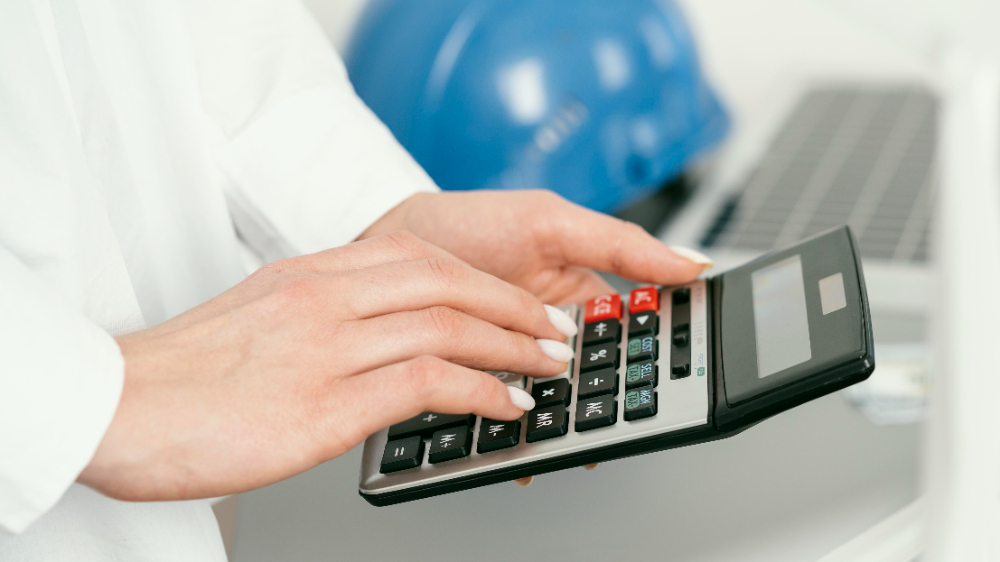Equipment financing is a game-changer for businesses that need essential tools, machinery or technology without breaking the bank upfront. But when diving into equipment financing, two often-overlooked factors come into play: depreciation and resale value. These elements can have a big impact on your overall costs, this blog will help you understand how they work and can help you make smarter financial decisions for your business.
What is Depreciation in Equipment Financing?
Depreciation is basically the drop in value that happens to equipment over time. Business equipment wears out, becomes outdated or is replaced by something newer and shinier.
When you buy equipment, it becomes a business asset. Over time, its value decreases due to usage, wear and tear or new technology entering the market. This depreciation of equipment is reflected in your financial statements and can even offer tax advantages. For example, a laptop or a piece of software might lose value pretty quickly as newer models emerge, while heavy machinery or vehicles might hold their value for much longer. The good news is that depreciation can actually work in your favour when it comes to taxes. You can deduct the depreciation of equipment as an expense, which reduces your taxable income.
The Importance of Resale Value
This is the amount you can sell your equipment for when you no longer need it. While depreciation shows how much value you’ve lost, equipment resale value is the silver lining that helps you recoup part of your investment.
Various factors affect the resale value such as:
- Quality of the equipment.
- How well you maintain it.
- Market demand for pre-owned equipment.
For example, let’s say you buy a machine for £20,000. A few years later, you sell it for £10,000. That means you’ve recovered 50% of your investment. Paying attention to resale value helps businesses plan upgrades more efficiently while keeping long-term costs in check.
How Depreciation and Resale Value Impact Equipment Financing Decisions
When it comes to business asset financing, understanding depreciation and equipment resale value can help you decide whether to finance, lease or buy your equipment. Here are the key points to consider.
-
Buying vs. Leasing
Buying: If you own the equipment, you’re responsible for its depreciation. However, you also get the advantage of reselling it later and recouping some costs.
Leasing: Leasing shifts the burden of depreciation to the lessor. Once the lease ends, you can return the equipment, upgrade, or renew the lease without worrying about resale value.
-
Long-Term vs. Short-Term Investments
If you’re financing equipment that depreciates quickly, like computers or software, short-term leasing may be a better bet. On the other hand, if you’re investing in heavy machinery with a slower depreciation rate, buying it outright could save you money in the long run.
-
Cash Flow Planning
Understanding how equipment loses value over time allows you to budget for replacements, upgrades, or resale, making your financial planning for equipment a lot smoother.
Tips to Minimise Depreciation and Maximise Resale Value
While you can’t stop depreciation completely, you can slow it down and get the most out of your equipment when it’s time to sell. Here’s how:
- Choose Quality Over Price: Opt for high-quality equipment from reputable brands. These tend to hold their value better and last longer.
- Keep Up with Maintenance: Regular maintenance not only extends the life of your equipment but also keeps its resale value high. Don’t forget to keep records, buyers love proof of good care.
- Sell at the Right Time: Don’t wait until your equipment is completely outdated. Upgrading and selling while it’s still valuable can help you recover more of your investment.
- Research Before You Buy: Look into which types of equipment hold their value well in the resale market. This will give you a better idea of long-term costs.
- Consider Leasing for Rapidly Depreciating Assets: If you’re financing something that will become obsolete quickly (like tech), leasing can save you money and keep your business running efficiently.
Depreciation and resale value might not seem exciting, but they’re key players in your equipment financing decisions. Understanding how your assets lose value over time and planning for resale can help you make smarter choices, save money, and keep your business financially healthy.
Looking for business finance solutions tailored to your business needs? Get in touch with Business Finance House today.



